Selective Sympathy
As an Iranian photographer concerned with human societies and cultural relations, I find the Kashmiri Pandit community's exodus story to have struck a deep chord with me. Their centuries-long struggle of forced conversions and exiles mirrors the historical and contemporary challenges faced by Iranians. For me, the Pandits are a reflection of Iran in many aspects. On cultural bases, I found Kashmiri Pandits close to my heart. The commonalities between the two Indo-Iranian groups of Iranians and Kashmiris reveal profound similarities in linguistic roots, cultural exchanges, and religious bonds that date back to the Gathic and the Vedic periods. Historically, Kashmir has been known as "Iran-e-Sagheer" or "Little Iran", emphasizing these deep connections. Upon learning about the Kashmiri Pandits, I felt compelled to document their story. The bias in narratives often overshadowed their genuine suffering and was used instead to support specific political agendas. Over half a million of them were turned, in mass, into refugees in their own country of over a billion, to scatter all over and abroad. They still languish, in tens of thousands, in the refugee camps, despite 35 long years of several governments of all hues and ideological pretensions. I also hear that the victims and survivors still await justice. Therefore, I travelled to different parts of India, such as Mumbai, Bangalore, Dehradun, Delhi, Uttar Pradesh and Jammu & Kashmir, to witness and capture the members of this scattered community. My project aims to bring forth their true plight, free from the skewed sympathies of societal and political constructs. However, despite facing criticism and even suspicion for my motives, I remain steadfast, as the title Selective Sympathy reflects a deeper irony: the notion that expects empathy to be confined within the borders of nationality or religion. Selective Sympathy challenges viewers to confront their own preconceptions and biases, fostering a more inclusive understanding of shared human experiences. Through this work, I aim to transcend societal stereotypes and highlight the universal nature of humanity. The project serves as a reminder that empathy knows no boundaries and that our shared human experience is far greater than the divisions imposed by religion or nationality.
Curator's Note
Selective ‘Sympathy’ brings together the concerns of photographer Sarah Jabbari who has worked with the Kashmiri Pandit community. As an Iranian photographer Sarah focuses on documenting this community in New Delhi, Jammu and Kashmir and other metropolitan cities like Bangalore and Mumbai. She rests an empathetic lens upon the community and how they carry their sense of belonging to their native land with them.
As an Iranian photographer concerned with human societies and cultural relations, the Kashmiri Pandit community's story of exodus struck a deep chord with her. Their centuries-long struggle of forced conversions and exiles mirrors the historical and contemporary challenges faced by Iranians. “For me, the Pandits are a reflection of Iran in many aspects. The commonalities between the two Indo-Iranian groups of Iranians and Kashmiris, reveals profound similarities in linguistic roots, cultural exchanges, and religious bonds that date back to the Gathic and the Vedic periods. Historically, Kashmir has been known as "Iran-e-Sagheer" or "Small Iran," emphasizing these deep connections.”
Sarah, who has lived in Iran and in India for a period of five years ongoing, is interested in the idea of an itinerant existence that is overlaid with concepts of social and religious change and imposition. To use her words, “Upon learning about the Kashmiri Pandits, I felt compelled to document their story. The bias in narratives often overshadowed their genuine suffering, used instead to support specific political agendas. My project aims to bring forth their true plight, free from the skewed sympathies of societal and political constructs. Despite facing criticism and even suspicion for my motives I remain steadfast, as the title "Selective Sympathy" reflects a deeper irony: the notion that expects empathy to be confined within the borders of nationality or religion”, says Sarah.
Now photographing the Kashmiri Pandits, Sarah has constructed a narrative where objects—like the Chinar Tree that reminds them of their home. Without taking the tone of victimhood she presents their complex relationship with living as migrants away from their homes, and roots. The exhibition brings her work to dialogue with the viewers, where the transient roots of an exile are examined by Sarah with an eye for capturing the emotive details of objects, landscapes and beliefs that surround the everyday existence of the Kashmiri Pandits. It’s all about feelings and humanity.
Georgina Maddox
Critic - Curator
Critic - Curator
Print Media
Print Media not found
E-media
E-media not found




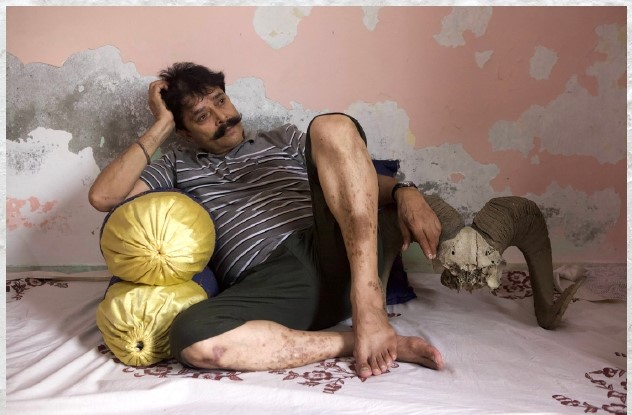
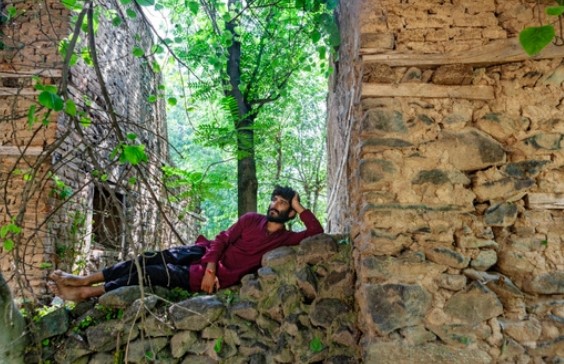

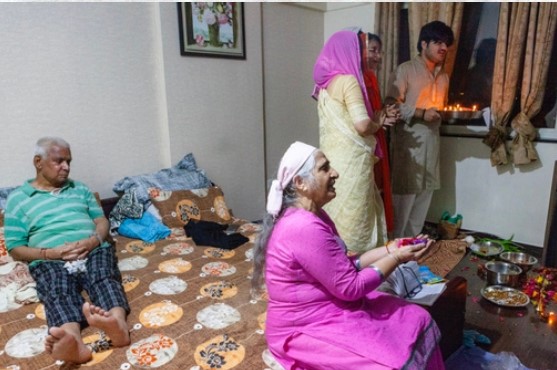
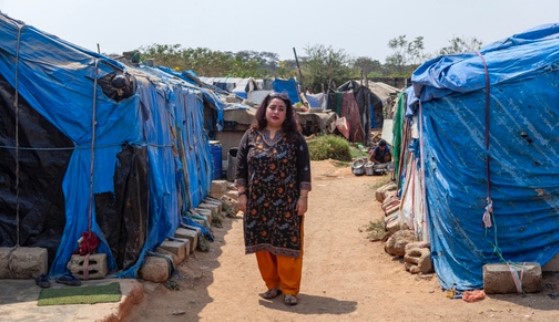
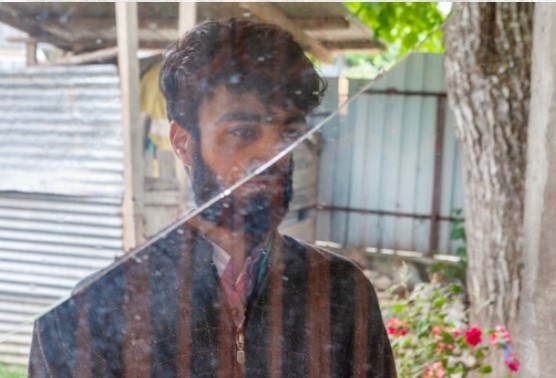
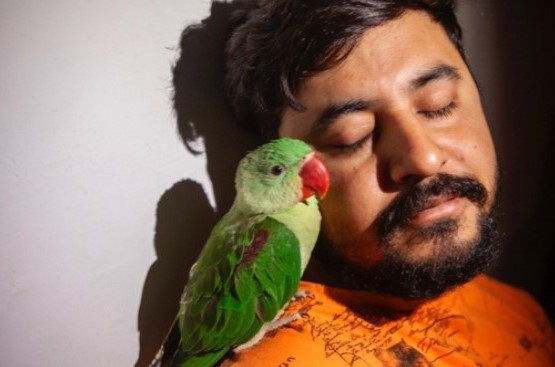
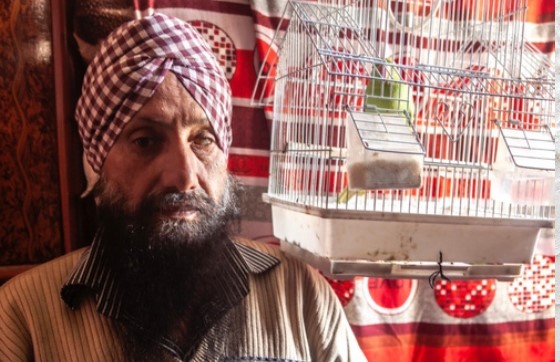
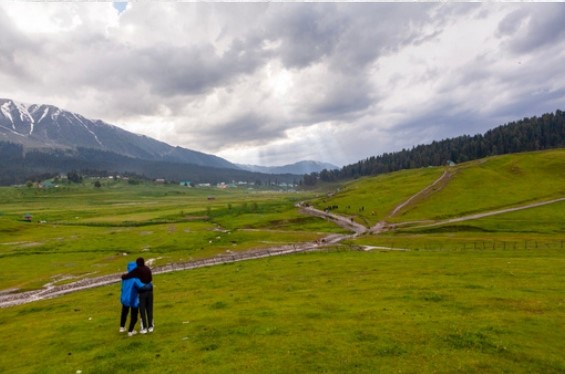
 Download Catalogue
Download Catalogue